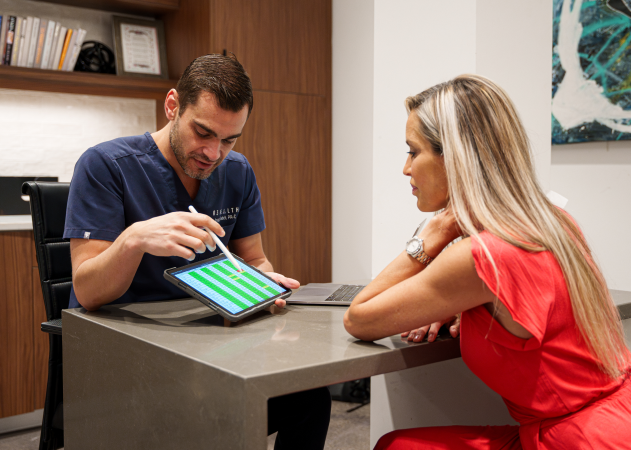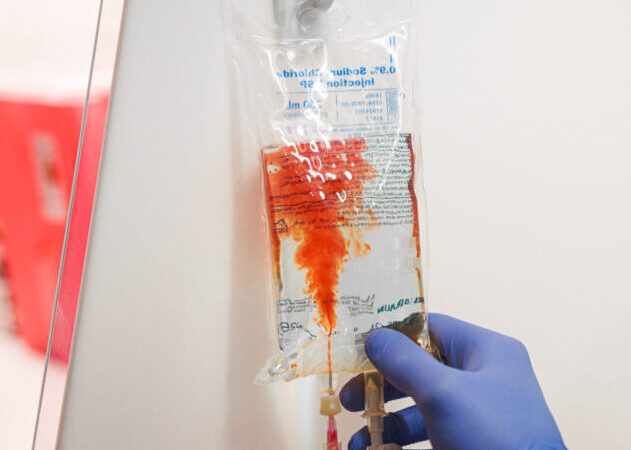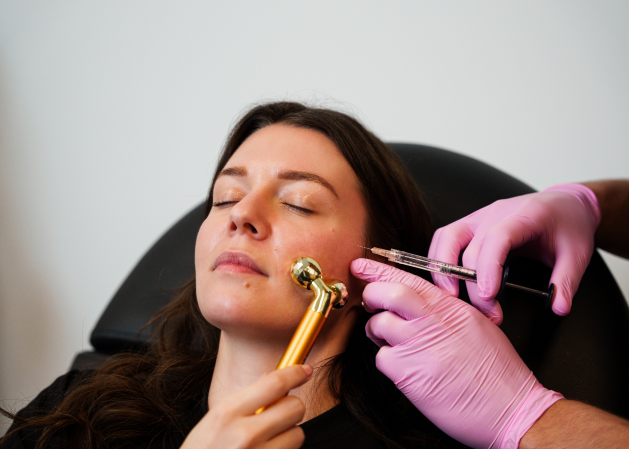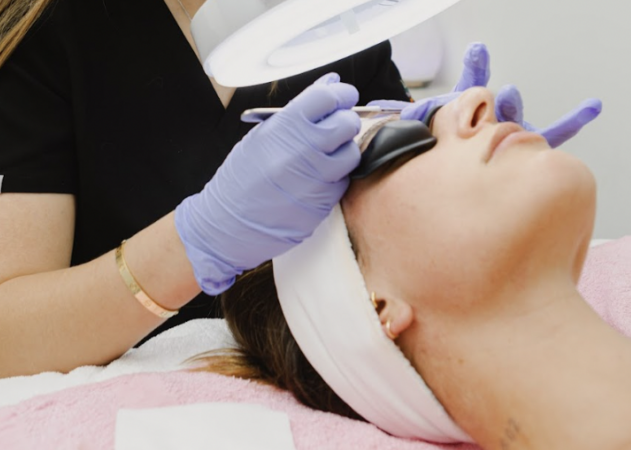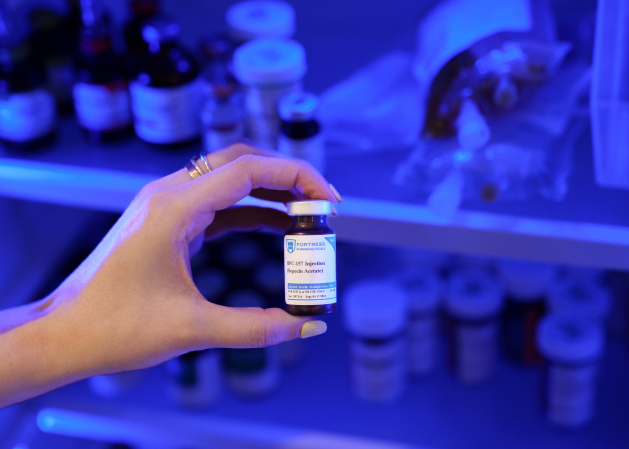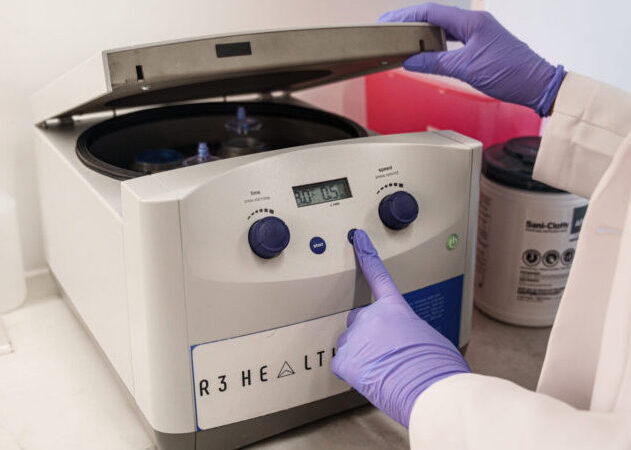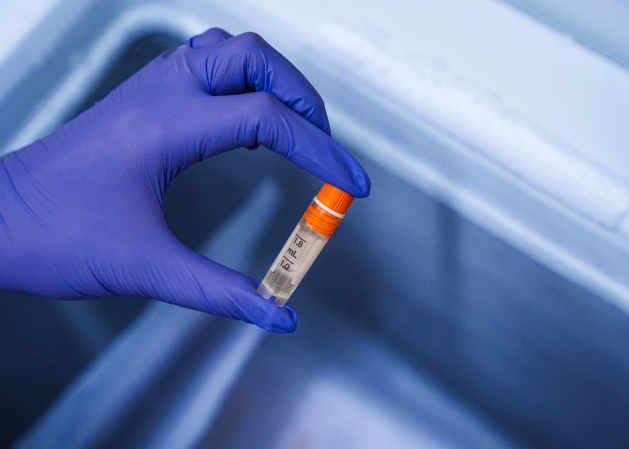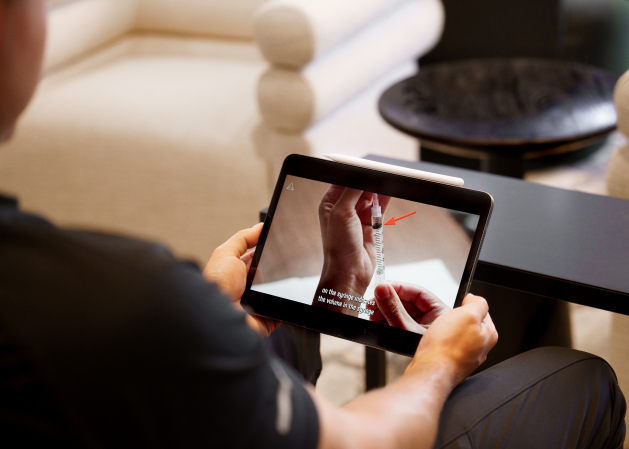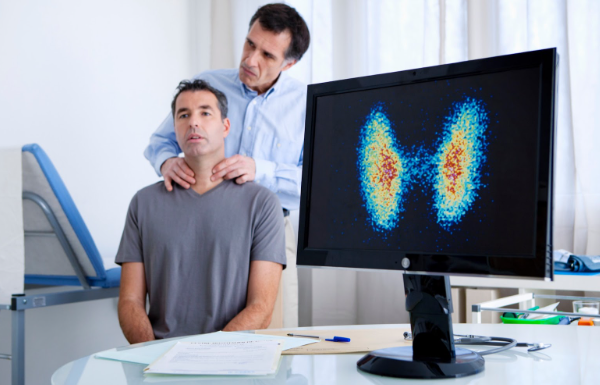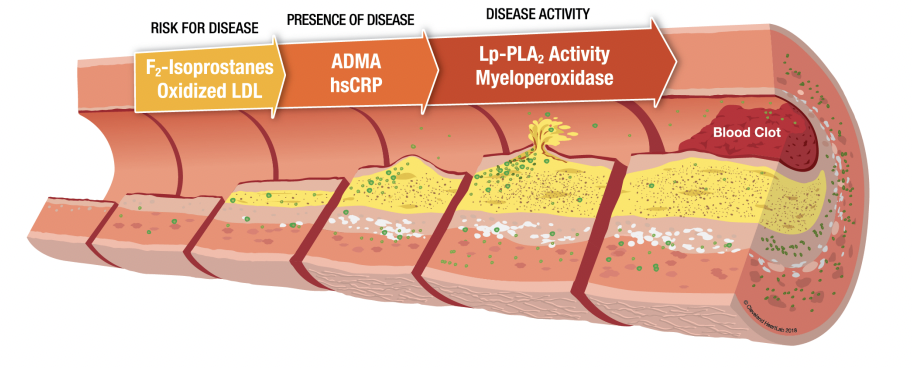Thyroid disease is almost never the first disease conventional physicians consider when diagnosing a patient. Hypo and hyperthyroidism are among the most misdiagnosed, underdiagnosed or unrecognized health problems out there. These ‘misses’ are causing patients to suffer from debilitating and possibly life-threatening symptoms.
Conventional physicians are choosing to only assess a patient’s TSH (thyroid-stimulating hormone), which is considered the cornerstone for diagnosing and treating thyroid disease. While this is considered step one, many stop there without requesting a thyroid blood panel or detailed medical and family history. This leaves their patients to suffer in silence. If TSH levels show to be in the “normal” range, many rule out thyroid disorders.
The thyroid regulates just about every organ in our body. The thyroid hormones regulate our metabolic rates, energy levels and fluctuation in body weight. When levels are off, the thyroid hormone targets the skeleton, heart, and metabolic machinery in every cell.
A high level of the thyroid hormone in the bloodstream is called thyrotoxicosis. This can lead to the overactivity of the thyroid gland. Talk show host Wendy Williams recently revealed she suffers from the thyroid disorder Grave’s disease, which was probably the first time many people had ever heard of this diagnosis. Grave’s disease is an autoimmune disease, which causes the body to produce antibodies that attack the thyroid. Hyperthyroidism has causes intolerance to heat, weight loss, increased bowel movements, irregular menstrual cycles, the retraction of the eyelids or “bulging eyes”, tiredness and irritability, among its symptoms.
Low thyroid hormone levels (hypothyroidism) can cause a patient to suffer from fatigue, constipation, dry skin, and coarse hair. The most common disease associated with low levels is Hashimoto’s thyroiditis. Gigi Hadid, a model, and Victoria Secret runway alumnus, has revealed she suffers from a metabolism disorder. Hypothyroidism is most commonly found in women and often overlooked during exams. It may also cause patients to experience increased sensitivity to cold, puffy face, body aches and the development of a goiter.
While most patients diagnosed immediately consider pharmaceutical drugs, many are seeing synthetic formulas can hurt them in the long run. Safer, more natural, plant based or human native alternatives are available for the treatment of thyroid diseases. Whether you change your diet, exercise routine, supplement combinations or begin bio-identical hormones, there are choices you can make about your treatment and you should be aware of what is available to you.
I strongly believe a patient should never be left to suffer with misdiagnosis, and our practice prides itself on listening and looking at all symptoms and history before making a decision on your diagnosis. Our patients are our priority and making them aware of thyroid function and disorders are extremely important to us.
Please reach out to us if you feel you may be experiencing symptoms of an undiagnosed issue. We are always here to listen and treat hyperthyroidism with options like Stem Cell Therapy.


